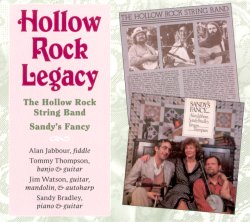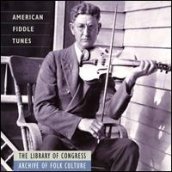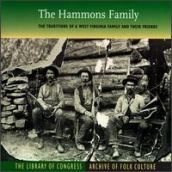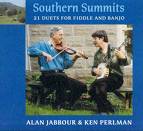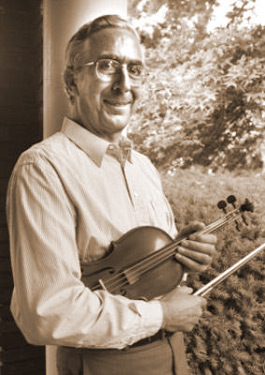
Photo by Bill Petros
2007
Guest of Honor
Alan Jabbour
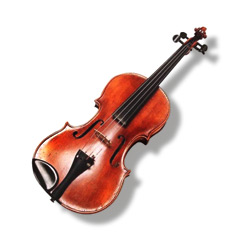
| The documentation trips turned into apprenticeships, and Alan began playing the fiddle under the influence of new masters. In particular, he learned the style and repertory of Henry Reed, a master fiddler who lived along the New River in Glen Lyn, Virginia, and was then in his eighties. As Alan began to learn the regional fiddling style and repertory of the Upper South, he joined three other young musicians --Tommy Thompson on five-string banjo, Bertram Levy on mandolin, and Bobbie Thompson on guitar -- to form a band devoted to playing these oldtime tunes. They called themselves the "Hollow Rock String Band" after a rural community outside of Durham where the Thompsons lived and the band gathered for regular jam sessions and music parties. "Hollow Rock" was at the core of an oldtime music scene that blossomed in Durham and Chapel Hill in the later 1960s. In 1968, the year that Henry Reed passed away, the band released a long-playing record called "The Hollow Rock String Band: Traditional Dance Tunes" (Kanawha 311). That album, which became a document of the oldtime music revival in the 1960s and 1970s, has recently been reissued as a compact disc (County Records CO-CD-2715). In 1968-69, Alan Jabbour became an assistant professor of English and folklore at the University of California, Los Angeles, where he taught graduate and undergraduate courses in the ballad, British and American folksong, and folklore and literature. |
|
| In September 1969 he was appointed head of the Archive of Folk Song (now the Archive of Folk Culture) at the Library of Congress. There he supervised the development of the nation's largest archival collection for folk music and folklore. He edited a long-playing record drawn from earlier recordings in the Archive, which was published in 1971 as American Fiddle Tunes (now available on CD as Rounder Records 18964-1518-2).With Carl Fleischhauer, he undertook a three-year project to research, record, and photograph the history and traditions of a single Appalachian family. This was published in 1973 by the Library of Congress in a two-record album entitled The Hammons Family: A Study of a West Virginia Family's Traditions. |
|
| A companion album appeared that year on the Rounder label, entitled Shaking Down the Acorns. Both these publications were released in a double-CD edition in 1998, entitled The Hammons Family : The Traditions of a West Virginia Family and Their Friends (Rounder 1504/05). As part of the Library's Bicentennial effort, he initiated an anthology of fifteen long-playing records containing examples of folk music traditions in the United States. During this period he performed less often as a musician, but an LP entitled The Hollow Rock String Band (Rounder Records 0024) includes him on the fiddle, Tommy Thompson on the banjo and guitar, and Jim Watson on the guitar, mandolin, and autoharp.In April 1974, Alan moved to the National Endowment for the Arts to become founding director of that agency's grant-giving program in folk arts. Under his direction the Folk Arts Program grew rapidly as a source of funding for the varieties of folk cultural expression in the United States, and it continued to grow after his departure in 1976. |
|
|
|
![]() Discography
Discography
Visit Alan's Website for listing of recordings available
![]() Other Recordings
Other Recordings
Family Story told by Alan Jabbour on www.americanfamilystories.org
Recordings of 13 fiddle tunes by me both up to tempo and at a very slow
pace:
http://benlieb.net/hf/music/jabour_class_Jan_2006.php
To read
more about Alan Jabbour please visit: www.alanjabbour.com |
